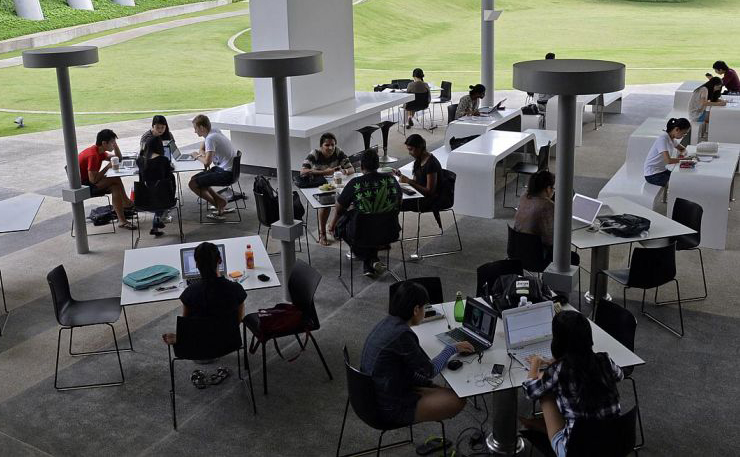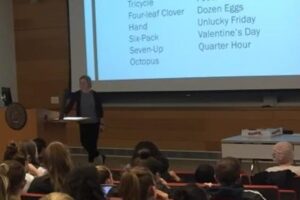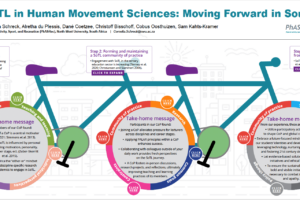Promoting Critical Thinking and Learning in a Large-Enrolment Humanities Course: A Case Study
By Kiruthika RAGUPATHI, Zi Hui YEO, Hui Chieh LOY
National University of Singapore

In this blog post, we reflect on what led us to embark on this SoTL project, why we care about this work, and what we want others to take away from our research.
The project arose from an actual instruction context. Loy teaches a high-enrolment philosophy course at the National University of Singapore, a publicly funded research university with a strong mission for education. In his course, Loy makes deliberate and regular use of multiple-choice questions (MCQs) both to enforce learning and application of concepts and to incentivize and scaffold informal peer discussions.
While multiple-choice questions are nothing new, it is often thought that they are not appropriate for humanities instruction. More typically, instructors ask for essays and emphasize seminar discussions. But such modes are labor-intensive so it is harder to maintain consistency of quality across a large enrolment.
Loy’s distinctive use of the format in the context of a large enrolment course is explored in our research. The quizzes maximize students’ chances to discuss with each other. The questions require that students pay attention to details and make inferences from the information provided. Since the incorrect options usually incorporate tempting errors of understanding and reasoning that are often found among students, “crowdsourcing” will not invariably give the right answer. Students are thus motivated to put in their own effort and make the most of peer discussions, especially if they desire to do well in the final, individual summative assessments.
Initially, Loy collected data mainly to improve the course. As an academic developer, Kiruthika was interested to find ways to share good practices across the campus. Knowing each other before the study, we quickly discovered the shared interest and started collaborating. Zi Hui tutored for the module at one point, and her strong training in social scientific methodology makes her an apt addition to the team. As she notes: “in my five years of undergraduate studies, I have never seen such a large proportion of students in a course this engaged in learning and proactively collaborating with one another. As someone who has personally experienced how isolating large-scale courses can be for certain students, I believe this work needs to be shared.”
To read the full TLI article, please visit here.
Read more about our work at:
Ragupathi, Kiruthika, Zi Hui Yeo, and Hui Chieh Loy. 2022. “Promoting Critical Thinking and Learning in a Large-Enrolment Humanities Course: A Case Study.” Teaching & Learning Inquiry 10. https://doi.org/10.20343/teachlearninqu.10.6




